Congratulations to the mothers and fathers, the brothers and sisters, teachers and professors, school counselors, librarians, school aides, school coaches and trainers, school food service staff, school maintenance staff, school bus drivers, school administration staff, the school PTO, and the school’s community, for creating and maintaining fertile ground upon which the Class of 2020 could celebrate this day! You all did it! This day would not be possible without your hard work, your dedication, your commitment, your gifts, your talents, your passion, and your love doing your part to make this happen. We like to think the students were on the front lines of reaching this day, but it was all this incredible support from you who were really in the front lines paving the way, clearing the debris, helping to smooth the bumps, heal the wounds and just being there that made this day possible. You see, it does take a village to raise and graduate a child.
To the Graduating Class of 2020, forever to be known as the Great Pandemic Class, you got one of the greatest unexpected lessons of your life summed up in …
Life is not fair.
Life is hard.
You can’t always get what you want!
Do not waste these valuable lessons. Embrace their teachings. They will serve you well as you continue on in life. If you choose to accept and believe these truths, you will be further along in gaining wisdom for making you a more valuable part of this world and its future.
“Epidemics are a part of the cycle of life on this planet. The choice is how we respond … with greed and hatred and fear and ignorance … or with generosity, clarity, steadiness, and love?” – Jack Kornfield
Did you learn that wearing a face-covering wasn’t about you, it was about others? Did you experience that the sum is greater than the parts as in if we all practice physical distancing, wear face coverings and wash our hands regularly (even when we don’t think we need to), we all stay healthy and all get out alive?
Did you notice that people don’t always act in rational ways, make a lot of assumptions, and jump to a lot of conclusions without taking time to research, study, or ask more questions?
Did you learn perception is not reality? If you hold onto your perception too tightly, you fail to let truth, facts, and evidence to the contrary in to correct you and take you to higher ground. After all, rigid thinking is far worse than being wrong.
Did you recognize that the right way many times is going to be the hard way? Let’s face it, loneliness is really persuasive, but the right way to fight this pandemic is to “stay-in-place,” and stay home. No one is immune to “quarantine fatigue.” Physical distancing and face coverings are vital to slowing the spread of the coronavirus regardless of what those in charge have decided.
Did you learn to accept uncertainty and stop trying to control things and others? Those who have dealt well with this pandemic have learned to let go and just be.
Did you learn to be more self-disciplined and to get away from all the screens, and get more exercise?
Speaking of being more self-disciplined, did you learn why it is important to create a savings account with at least six months of savings equal to your income for when the unexpected happens including loss of work?
Did you notice being in charge isn’t what it use to be and that humility, compassion, and integrity are essential to being in charge? Being in charge reveals character or a lack of character.
Did you learn the importance of patience, hitting your pause button, and asking yourself if you are contributing to the solution or adding to the problem of all things pandemic?
If you didn’t learn these important lessons, there is still time. Fail forward. Retake the class(es). Ask for help. Connect with others.
Finally, if you don’t like what is happening around you and if you believe those in charge have failed us, then make your voice heard. Speak up, call out inequalities, build longer tables instead of taller walls, and use your privilege to help the underprivileged. Most of all, vote and make sure all your friends and family vote.
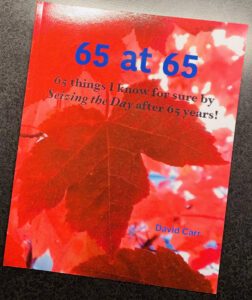 eptember 11, 2015, my mother, Joyce Carr, passed away at 88. (My father had passed 27 years prior.) I was just shy of my 62nd birthday. Out of all my thoughts and emotions was the realization that I was now on my own. A huge connection was lost!. My figurative umbilical cord was cut!
eptember 11, 2015, my mother, Joyce Carr, passed away at 88. (My father had passed 27 years prior.) I was just shy of my 62nd birthday. Out of all my thoughts and emotions was the realization that I was now on my own. A huge connection was lost!. My figurative umbilical cord was cut!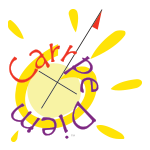
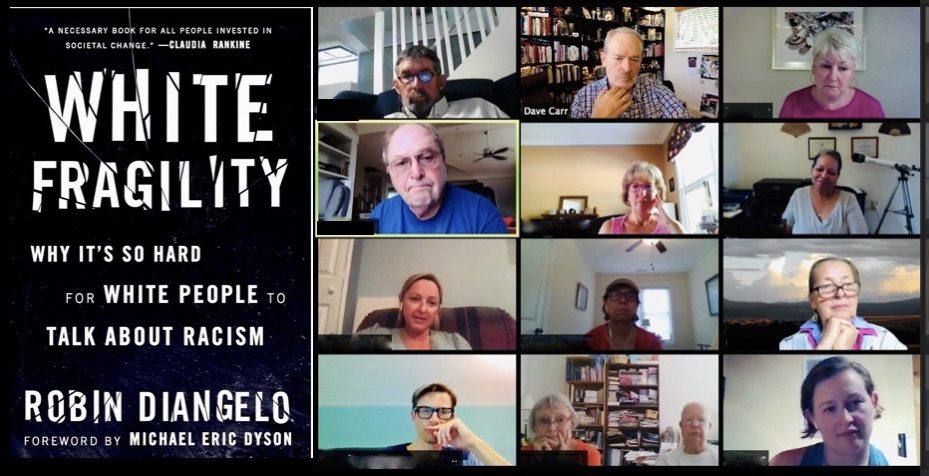
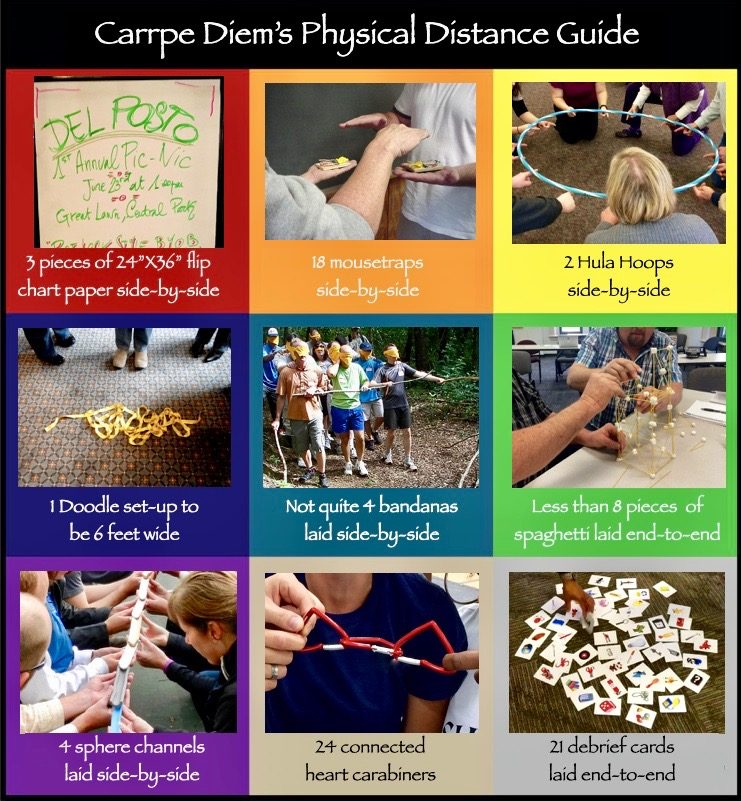
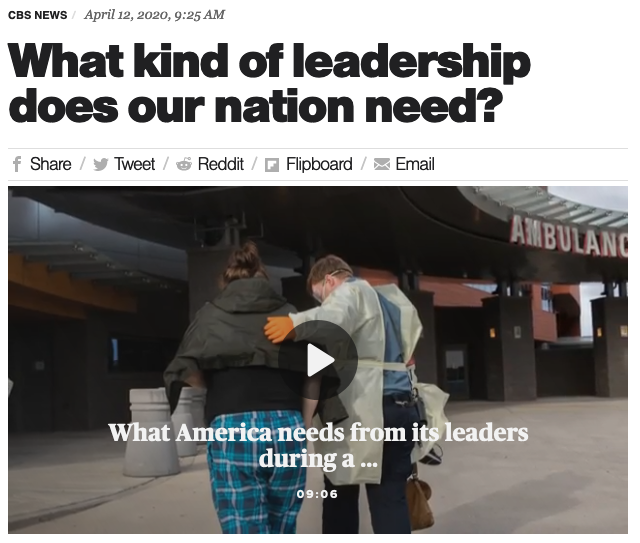 Sunday, April 12, 2020, CBS Sunday Morning explored this question,
Sunday, April 12, 2020, CBS Sunday Morning explored this question, 


